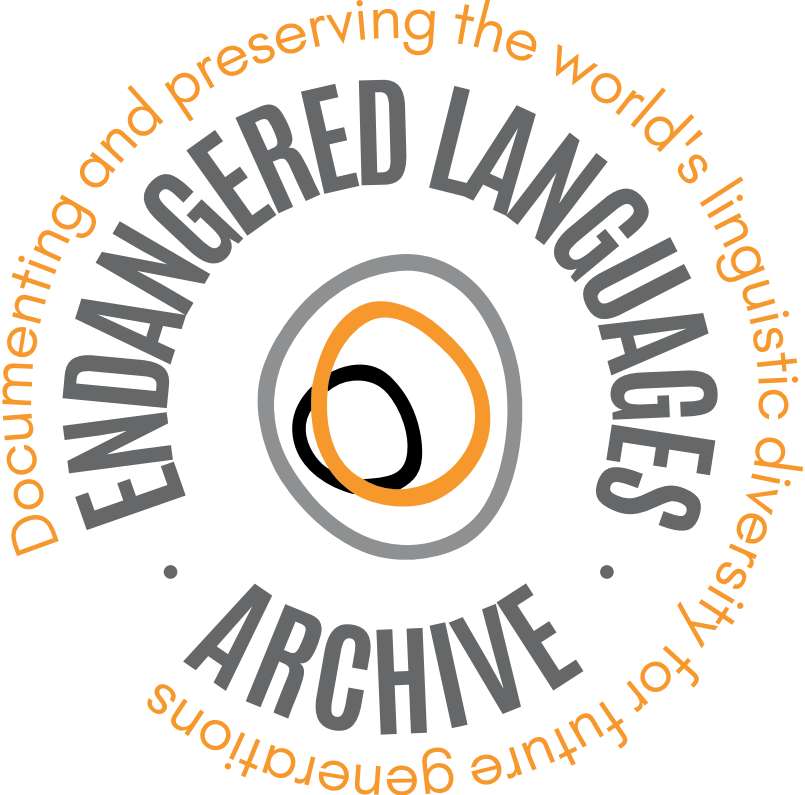Stringing things together
{{ time.start_TS | TS2dateFormat('MMM') }}
{{ time.start_TS | TS2dateFormat('YYYY') }}
| 5 EUR, reduced 2,50 EUR |
| Please book your ticket in advance online or at the box office in the Foyer. |
| Tickets will be released in the month before the event. |
| 16 years and older |
| English, German |
| Ground Floor, Hall 3 |
| Part of: WeSearch |
The Hadza language is spoken by around 2,000 people in Tanzania today and is one of the few languages in which click consonants are part of the regular sound inventory. Among some of the most phonetically complex sounds, Hadza clicks have been a source of fascination for more than a century.
In addition to the language, the Hadza people’s way of life is very interesting, as they live as hunters and gatherers. Since they get by without permanent settlements and with few material possessions, they leave only light traces – in their environment as well as in European museum collections. One of the few exceptions is the bow and arrow, their most iconic hunting instrument. Linguist Andrew Harvey and anthropologist Thea Skaanen discuss, among other things, what we can learn from this technology as well as the language and its twelve special clicked consonants.
Participants
Sabrina N’Diaye
Sabrina N’Diaye studied ethnology and political science. She learnt the craft of journalism at ZDF, after which she worked for SWR and ARTE. She has been with RBB since 2016, where she presents the rbb24 Spätnachrichten and realizes longer documentaries as an author.
Andrew Harvey
Andrew Harvey is a Junior Professor at the University of Bayreuth‘s Faculty of Languages and Literatures. His research interests include the languages of the Tanzanian rift, their documentation and description, and the histories and cultures of their speaker communities. A particular focus of his research is linguistic art and language contact.
Thea Skaanes
Thea Skaanes is a curator with special focus on African cultural heritage at the National Museums of World Culture, Sweden. She is a trained ethnographer and social anthropologist researching fields such as cosmology, rituals, power objects, and human-animal relations among the hunter-gathering Hadza of Northern Tanzania.
Partner


